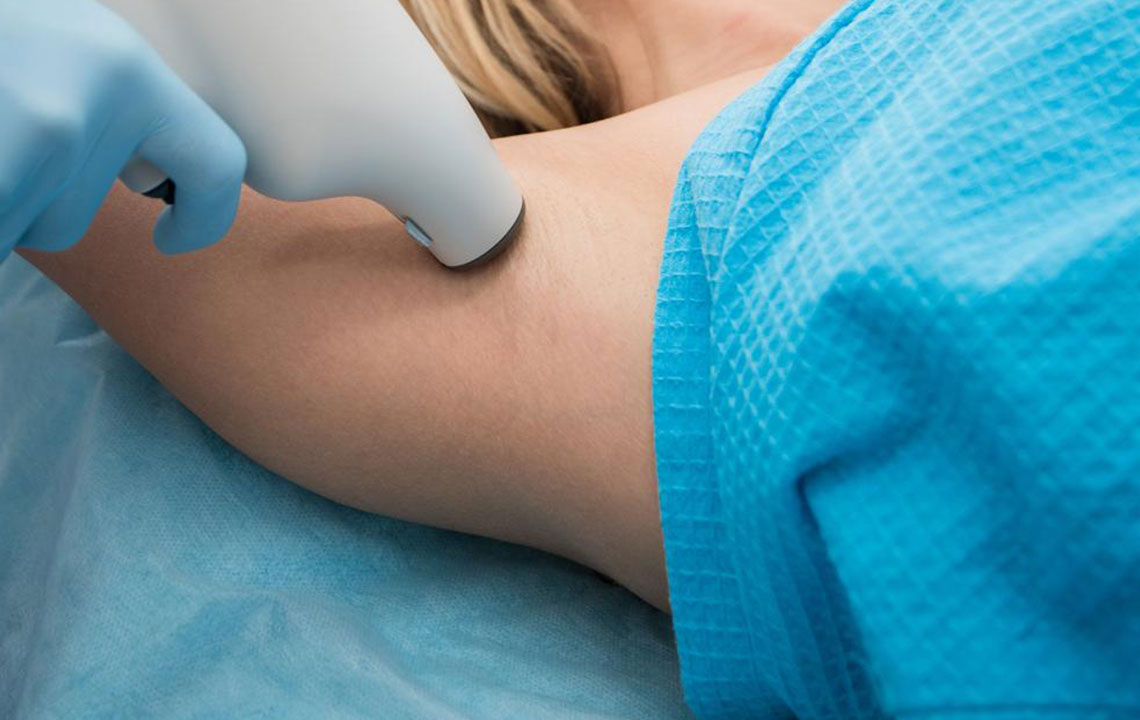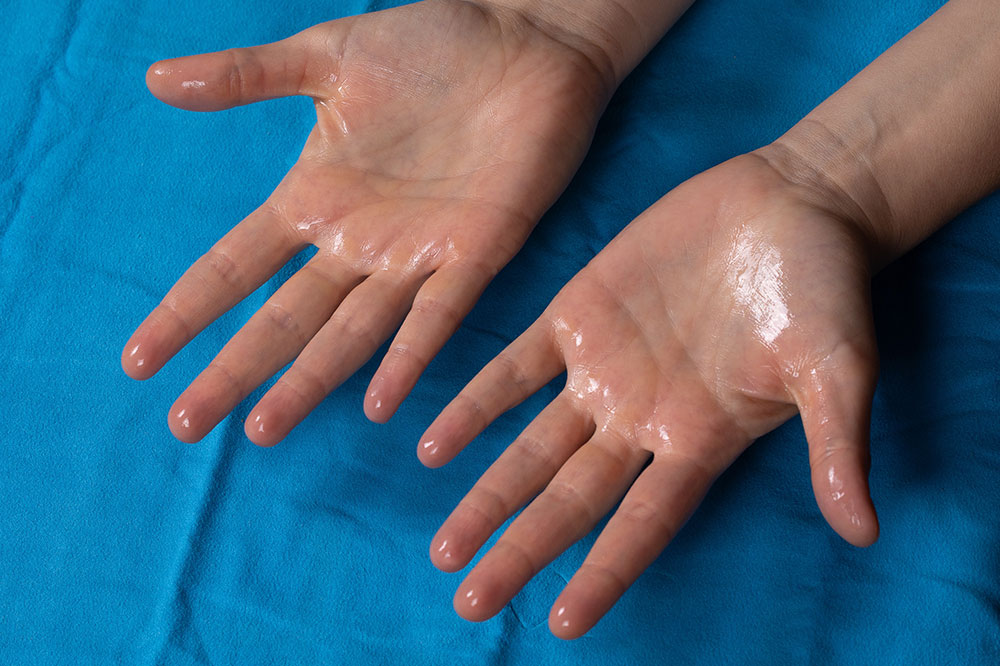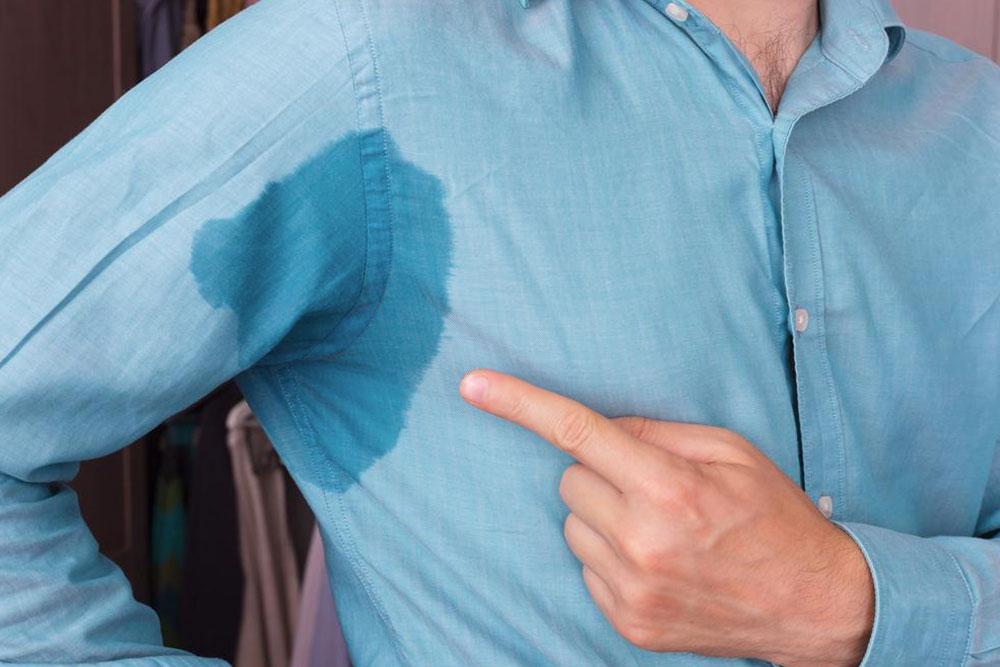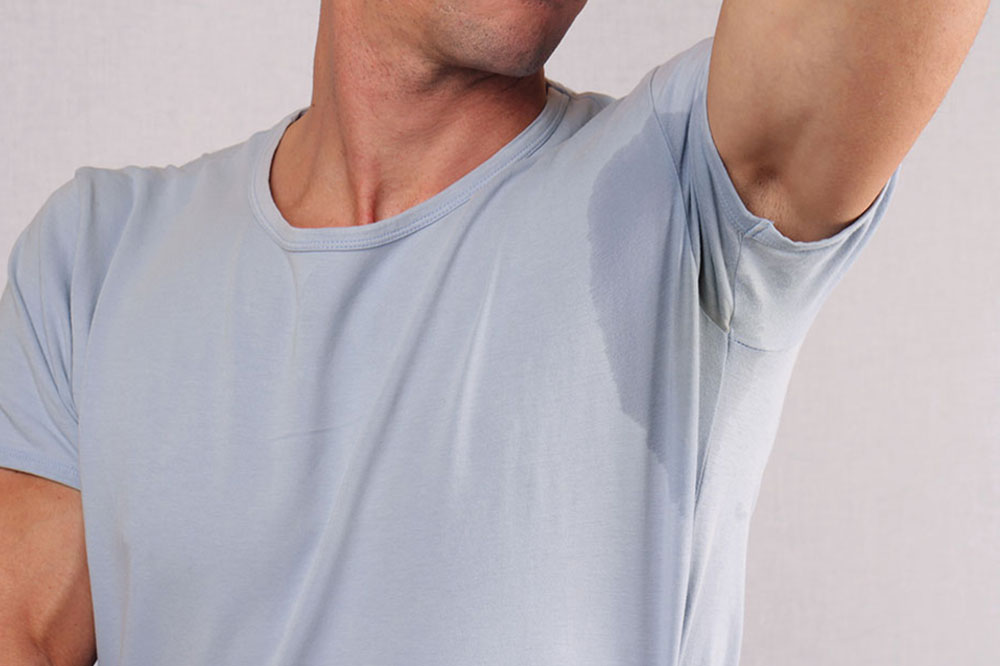Effective Strategies for Managing Excessive Sweating
Discover practical treatments for hyperhidrosis, including antiperspirants, stress management, medication, topical agents, and surgical options. This guide helps individuals manage excessive sweating effectively and regain confidence with targeted solutions tailored to severity.

Effective Strategies for Managing Excessive Sweating
Individuals experiencing uncontrollable sweating without clear causes may be dealing with hyperhidrosis. This condition leads to persistent perspiration even in cool environments, often resulting in soaked clothing and damp limbs. Since hyperhidrosis can cause social discomfort, exploring treatment options is essential.
Antiperspirants
These products contain aluminum compounds that block sweat glands, reducing moisture release. Applying them to problem areas and allowing drying before dressing can be beneficial for mild cases.
Stress Reduction Techniques
Anxiety about excessive sweating can worsen the condition. Engaging in relaxation methods like deep breathing, meditation, or mindfulness helps lower stress levels, thereby decreasing sweat production. Staying calm plays a crucial role in managing hyperhidrosis.
Prescription Medications
When home remedies are ineffective, physicians may prescribe medications that inhibit sweat gland activity. These are often used for facial hyperhidrosis or widespread symptoms, with some hindering nerve signals. Side effects can include dry mouth, blurred vision, and urinary issues.
Topical Drying Agents
Creams containing aluminum chloride help control moisture temporarily, especially before important events. However, they may cause skin irritation or allergic responses and should be used cautiously.
Surgical Options
In severe cases, procedures like removal of sweat glands or nerve surgery (sympathectomy) can be effective. These methods target the sources of excessive sweating directly, offering long-term relief for patients with persistent symptoms.










